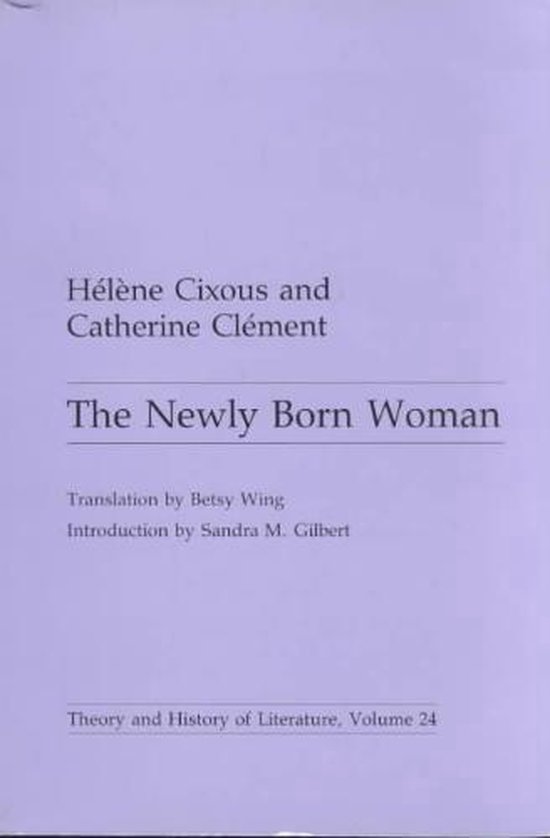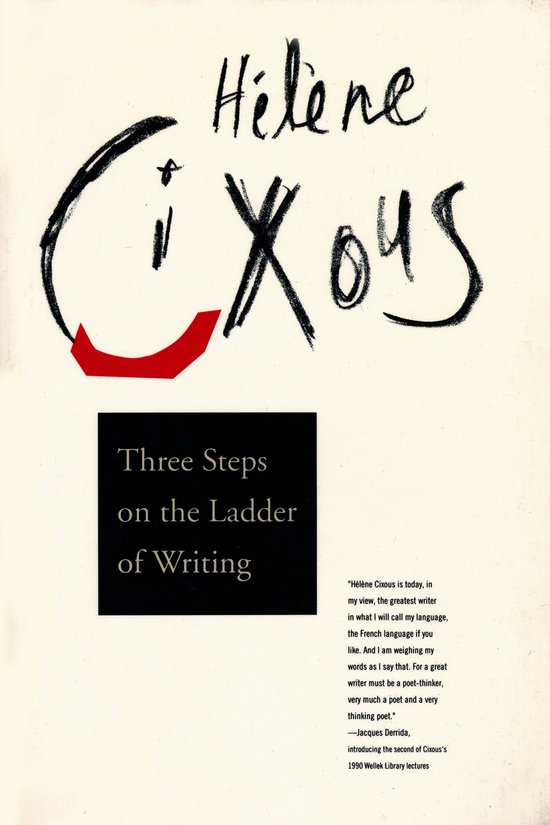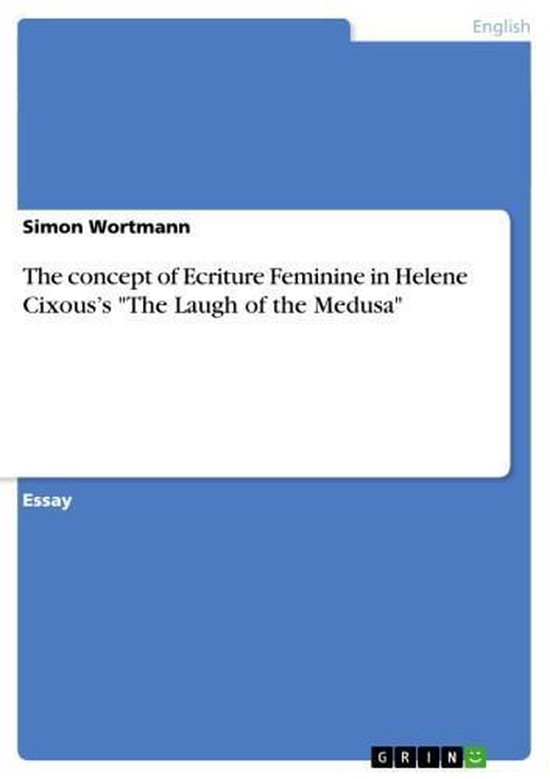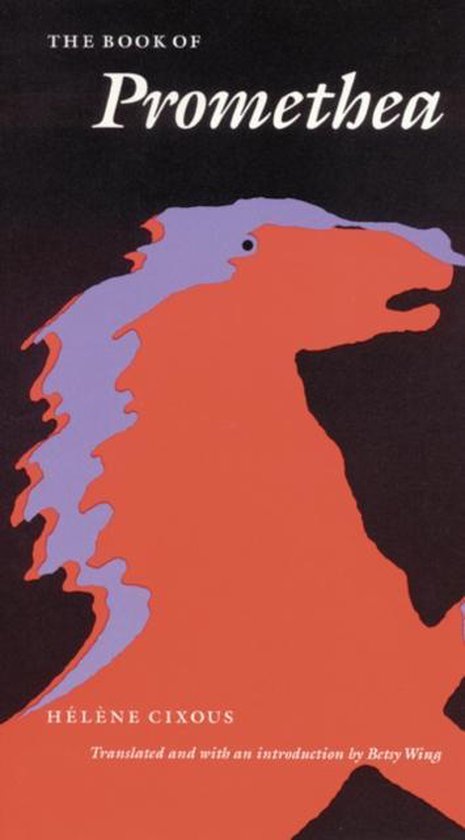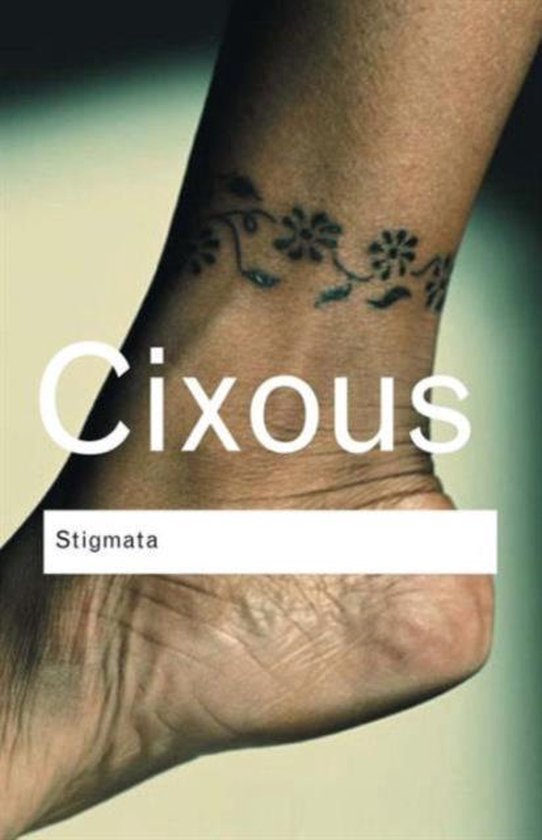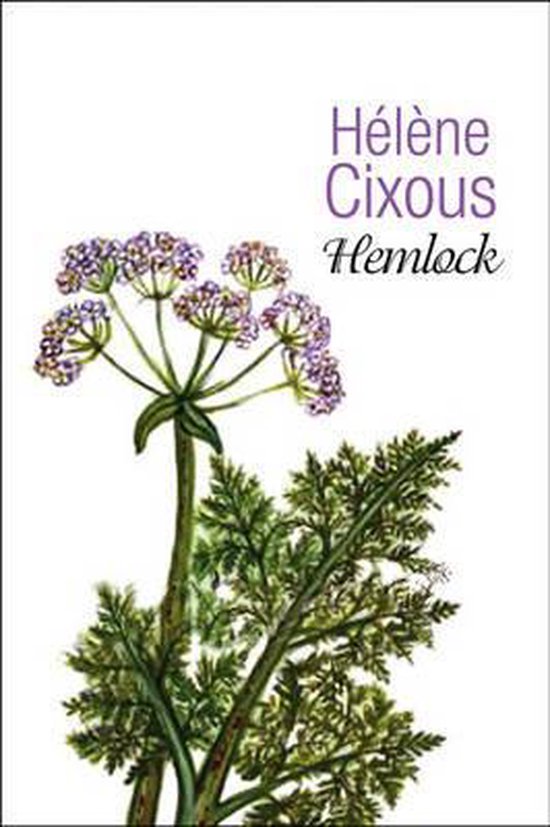
Hemlock
* Cixous is generally regarded as one of the leading French feminist writers, if not the leading French feminist writer. * All of her books tend to be written as philosophical novels, combining elements of autobiography and fiction with reflection of a more philosophical and psychoanalytic kind.
A compelling work of autobiographical fiction, Hélène Cixous's Hemlock weaves tragedy and comedy in its exploration of various human attachments: between an elderly but still truculent mother and her writer-daughter, between the mother and her sister, and between the writer and her vanished but nonetheless intensely present friend, Jacques Derrida, whose death is movingly evoked. "Here," she says in her preface, "the criss-crossing paths of my mother and my aunt will come to an end at last. When one old flower is left, what becomes of the other face?" Socrates is conjured up, along with the poisonous plants of Hamlet, the human comedies of Balzac and Proust, and other literary and philosophical ghosts who find themselves drawn into the fabric of Cixous's text: "I'm not sleeping," writes the protagonist. "A worm is drilling my brain. It's a phrase I heard in the hellish juice of the jusquiame. I pour it into my own ear. ‘I'm afraid Mama will die'."
A compelling work of autobiographical fiction, Hélène Cixous's Hemlock weaves tragedy and comedy in its exploration of various human attachments: between an elderly but still truculent mother and her writer-daughter, between the mother and her sister, and between the writer and her vanished but nonetheless intensely present friend, Jacques Derrida, whose death is movingly evoked. "Here," she says in her preface, "the criss-crossing paths of my mother and my aunt will come to an end at last. When one old flower is left, what becomes of the other face?" Socrates is conjured up, along with the poisonous plants of Hamlet, the human comedies of Balzac and Proust, and other literary and philosophical ghosts who find themselves drawn into the fabric of Cixous's text: "I'm not sleeping," writes the protagonist. "A worm is drilling my brain. It's a phrase I heard in the hellish juice of the jusquiame. I pour it into my own ear. ‘I'm afraid Mama will die'."
A compelling work of autobiographical fiction, Hélène Cixous's Hemlock weaves tragedy and comedy in its exploration of various human attachments: between an elderly but still truculent mother and her writer-daughter, between the mother and her sister, and between the writer and her vanished but nonetheless intensely present friend, Jacques Derrida, whose death is movingly evoked. "Here," she says in her preface, "the criss-crossing paths of my mother and my aunt will come to an end at last. When one old flower is left, what becomes of the other face?" Socrates is conjured up, along with the poisonous plants of Hamlet, the human comedies of Balzac and Proust, and other literary and philosophical ghosts who find themselves drawn into the fabric of Cixous's text: "I'm not sleeping," writes the protagonist. "A worm is drilling my brain. It's a phrase I heard in the hellish juice of the jusquiame. I pour it into my own ear. ‘I'm afraid Mama will die'."
In this new work Hélène Cixous continues to explore and expand the boundaries of narrative, slipping from thought to thought and from image to image, so as to render every action, fear and thought palpable to the reader.
A compelling work of autobiographical fiction, Hélène Cixous's Hemlock weaves tragedy and comedy in its exploration of various human attachments: between an elderly but still truculent mother and her writer-daughter, between the mother and her sister, and between the writer and her vanished but nonetheless intensely present friend, Jacques Derrida, whose death is movingly evoked. "Here," she says in her preface, "the criss-crossing paths of my mother and my aunt will come to an end at last. When one old flower is left, what becomes of the other face?" Socrates is conjured up, along with the poisonous plants of Hamlet, the human comedies of Balzac and Proust, and other literary and philosophical ghosts who find themselves drawn into the fabric of Cixous's text: "I'm not sleeping," writes the protagonist. "A worm is drilling my brain. It's a phrase I heard in the hellish juice of the jusquiame. I pour it into my own ear. ‘I'm afraid Mama will die'."
In this new work Hélène Cixous continues to explore and expand the boundaries of narrative, slipping from thought to thought and from image to image, so as to render every action, fear and thought palpable to the reader.
| Auteur | | Helene Cixous |
| Taal | | Engels |
| Type | | Paperback |
| Categorie | | Literatuur & Romans |
